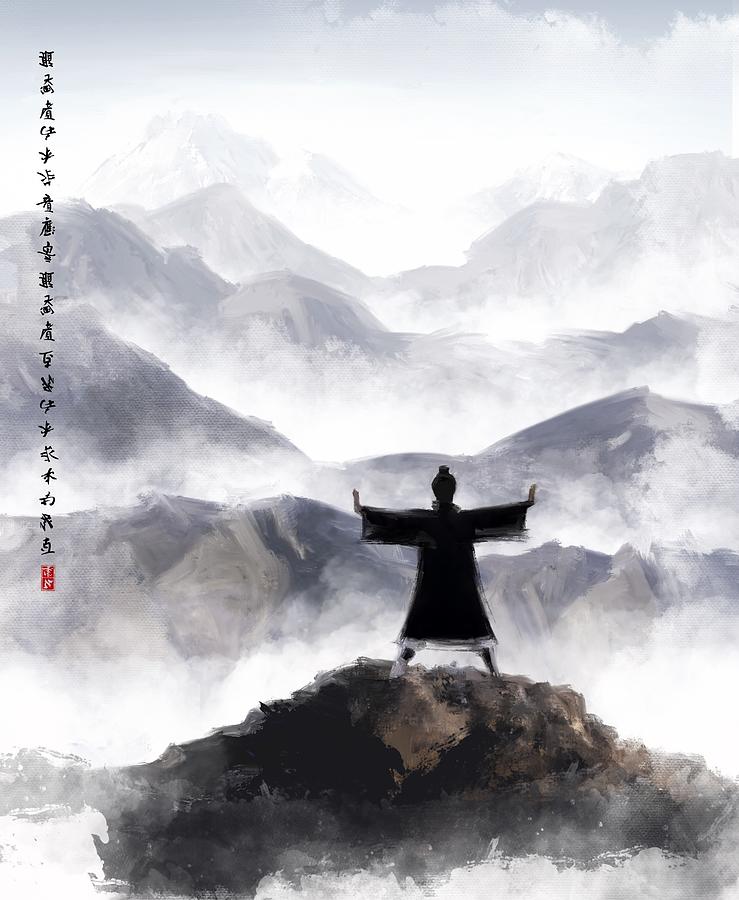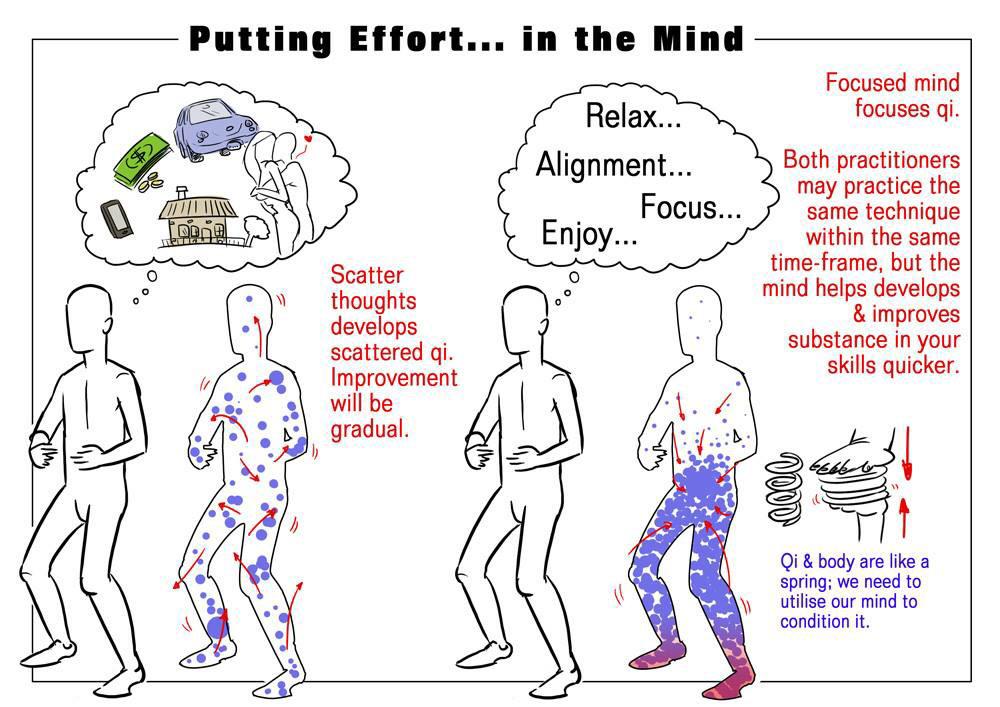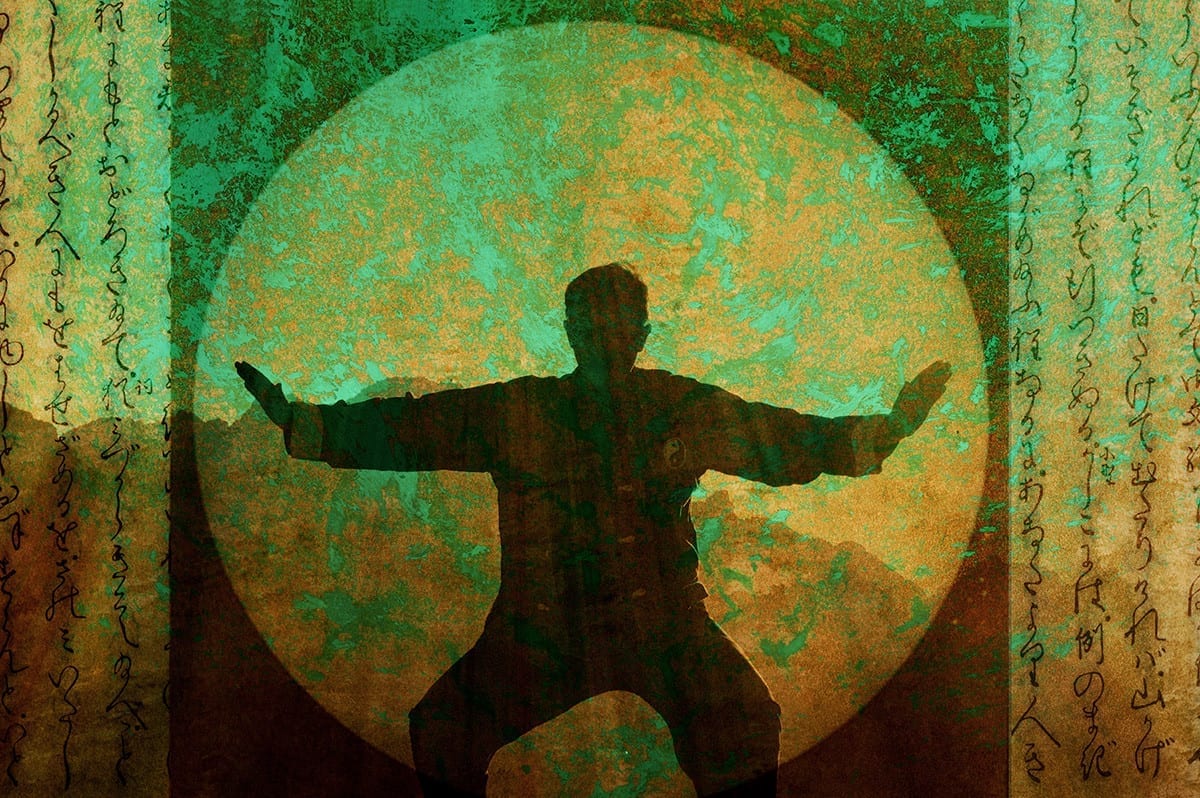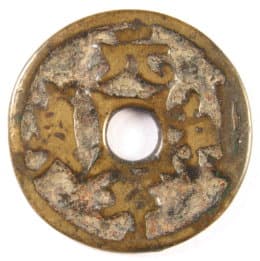On more than one occasion, people have asked me about something that has happened to them during Qi Gong practice, and how to deal with it. They have told how during practice, their body might spontaneously make slight movements, not like involuntary twitches but rather what seems to be a natural adjustment, a shift in stance or readjustment of positions of the arms, legs, head or back, but one they had not consciously thought to do. Similarly, some practitioners have asked about spontaneous unexpected body activity that happens during Qi Gong, like suddenly starting to repeatedly yawn, belch, or cough; or to have some kind of welling up of a strong emotion in mid-practice that seems not to arise from one's conscious thoughts or feelings.
What you're experiencing with these phenomena are spontaneous body-adjustments during Qi Gong practice. In some cases, they are 'corrections' to things like your posture or the position of your arms.
Subtle muscular adjustments are a very common form of body adjustment.
Yawning is a very common side-effect of the releasing of blocks that impair the circulation of Qi, they're a good thing (unless they're happening because you're very tired).
Coughing is a less common adjustment, but it's not too unusual either, particularly if in regular circumstances you are breathing too tightly, perhaps due to stress, and this is a reaction to the relaxation of your breathing. Belching can happen as a result of relaxing the body as well.
Emotional experiences are part of the mind-body connection, as you relax and release tensions in the body this in turn releases certain emotional tensions you might not even have been aware of.
Generally, these are all OK, and are a sign that you are improving at Qi Gong practice, as long as you do not radically alter your Qi Gong form (small adjustments are fine and good, but for example wanting to stretch out the back is something you should do in between exercises).
The emotional effects are alright too, but the key is that you should let them happen while at the same time not being carried away by them. Let them pass and don't resist them, but don't feed them.







